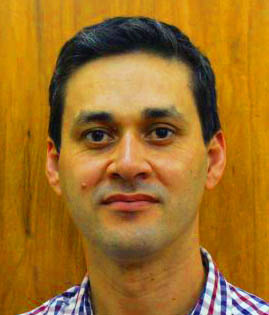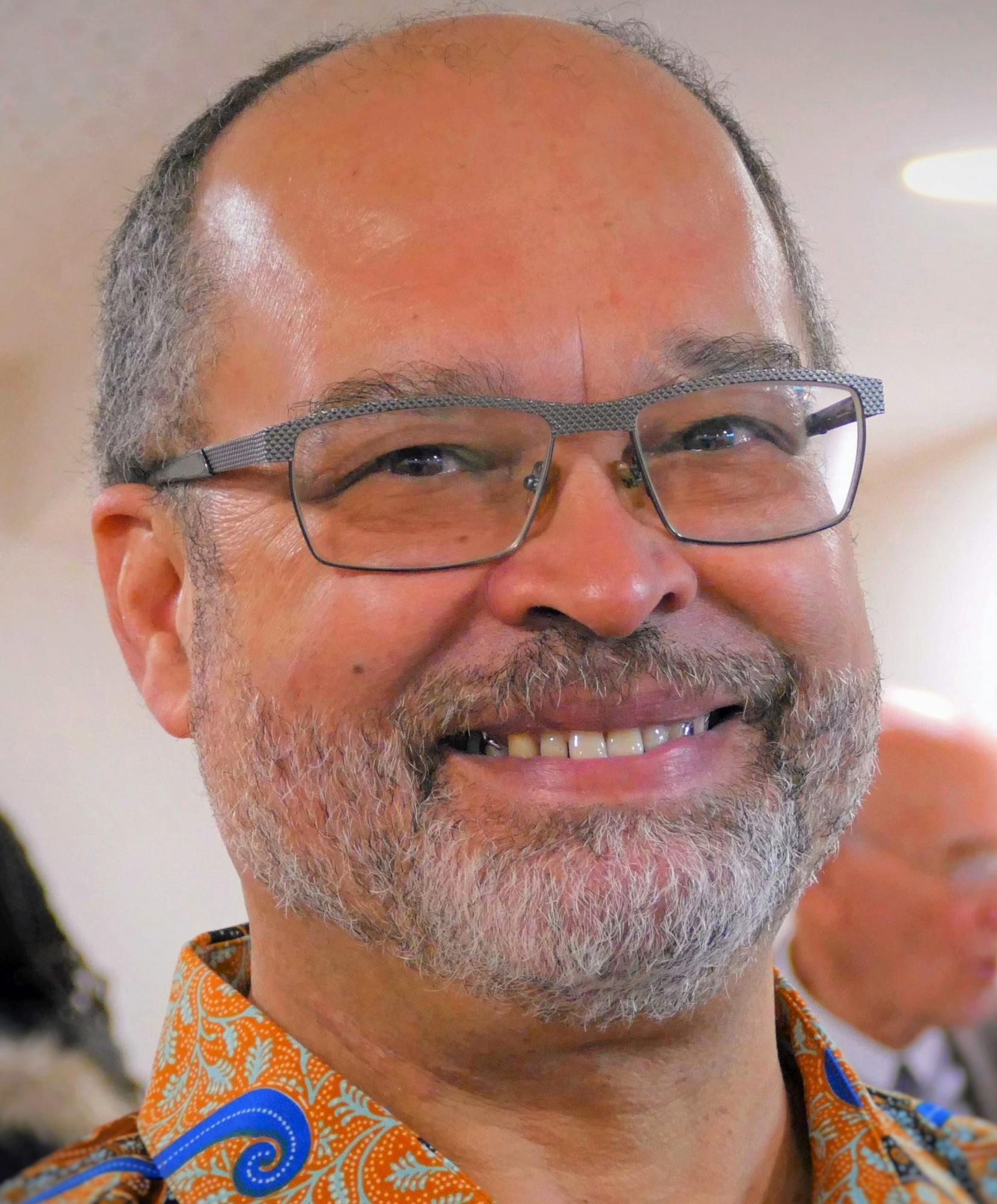Like the chambers of a heart, the four MWC commissions serve the global community of Anabaptist-related churches, in the areas of deacons, faith and life, peace, mission. Commissions prepare materials for consideration by the General Council, give guidance and propose resources to member churches, and facilitate MWC-related networks or fellowships working together on matters of common interest and focus. In the following, one of the commissions shares a message from their ministry focus.
Mission Commission
The goal of the Mission Commission of MWC is to imagine and build a new global mission partnership within the body of Christ that spans all the continents. We seek a partnership that is rooted in profound mutual love, ordered around mutual submission and that participates in economic sharing unfettered by ugly paternalism or unhealthy dependency.
And we seek this not only as a gospel demonstration of our unity in Christ, but also for the sake of the mission of God in all the world.
The story as guide
The Bible is the story of God’s loving acts in creation and God’s redemptive purposes in history. As a consequence of human rebellion and sin, the world that God created good experienced distortion and destruction. Fear, pride, greed and selfish ambition led to estrangement from God and alienation between peoples. The consequence of this alienation is hatred, violence, war, oppression and injustice.
God’s purposes, revealed in Jesus, are to bring an end to hatred and fear, poverty and injustice, and to create one new family from all the different cultures, languages and ethnicities.
Following Christ’s ascension, the church was constituted by the Spirit of God to proclaim and embody the good news that through the life, death and resurrection of Jesus, God is reconciling all humanity and restoring all of creation. Diversity is God’s gift for our enrichment.
The wellspring of our mission
God’s promise to bless all nations on earth is the wellspring of our mission. God’s purpose is to create a people drawn from every tribe and nation who reflect God’s glory in their unity. Following God, we reject the evils of racism and ethnocentric pride.
The mission of the church of Jesus Christ, therefore, requires that we act with justice and mercy, and that we engage every person and group with dignity, respect and compassion on the grounds of their value to God. It also obliges us to expose and resist every system and every action that oppresses and exploits those who are poor, weak or vulnerable.
We believe that unity is a gift of the Spirit, not something that we originate. At the same time, we regard the preservation of our visible unity as a practical expression of love and a critical dimension of our mission. When Jesus prays for the unity of his followers and commands them to love one another, it is for the sake of God’s mission (“so that the world may know that you [the Father] sent me” [John 17:23]).
There is no more compelling demonstration of the authenticity of the gospel than followers of Jesus who are reconciled to each other and united in love across barriers of ethnicity, colour, race, gender, social class, economic status, political alignment or national origin. By the same token, there are few things that so undermine the credibility of our witness as when we Christians alienate ourselves from each other and tolerate or intensify the very same schisms between us.
The challenge of difference
One of the challenges we face within the global community is how do we deal with our differences. Our biblical canon gives us some clues on how to balance the tension between unity and diversity. A basic feature of our Bible is the mix of genres and literary styles while maintaining unity and coherence. It contains legal documents, genealogies, historical notes, travelogues, etc., from a variety of authors, subjects, genres and eras.
Our Bible allows that there is diversity within unity. The formation of the canon is a testimony that under the guidance of the Holy Spirit, the early church chose to keep the four Gospels each with its peculiar and distinctive tone.
A different image for diversity is a tuning fork. This tool is used to adjust the orchestra (a variety of instruments, sounds and qualities) to a specific tone. The presence of the tuning fork does not erase or delete the differences of the musical instruments, rather it aligns the pitches so these disparate instruments can make beautiful music together.
As communities of faith, our task is to share about the redeeming love of our God. Christ is our tuning fork. When we are tuned to Christ, it is easier to distinguish those non-essential things that separate us. Instead, we work in the midst of diversity for the kingdom of God.
Realizing our goal will require an unflinching commitment to honesty and solidarity. In a spirit of love and forgiveness, we must speak honestly with each other about the obstacles to authentic community. Mutual love also will require solidarity with each other. We must be willing to share in each other’s struggles and suffering, and eager to offer support, prayer and companionship in the challenges we each face in our witness to the gospel.
So, why does the work of the Mission Commission matter?
It matters because as the body of Christ, the church is God’s good news in a hurting and broken world. In his book, The Gospel in a Pluralist Society*, Lesslie Newbigin describes the church as a “sign, instrument and foretaste” of the kingdom of God. Before a watching world, we are called through our unity in love and sharing to be a reflection of the reconciliation that God has accomplished in Jesus Christ. We no longer live for ourselves, but for the world which God loves and seeks to bless through us (Genesis 12:3).
—Stanley W. Green and Rafael Zaracho, Mennonite World Conference Mission Commission chair and secretary
|
Rafael Zaracho |
Stanley W. Green |

